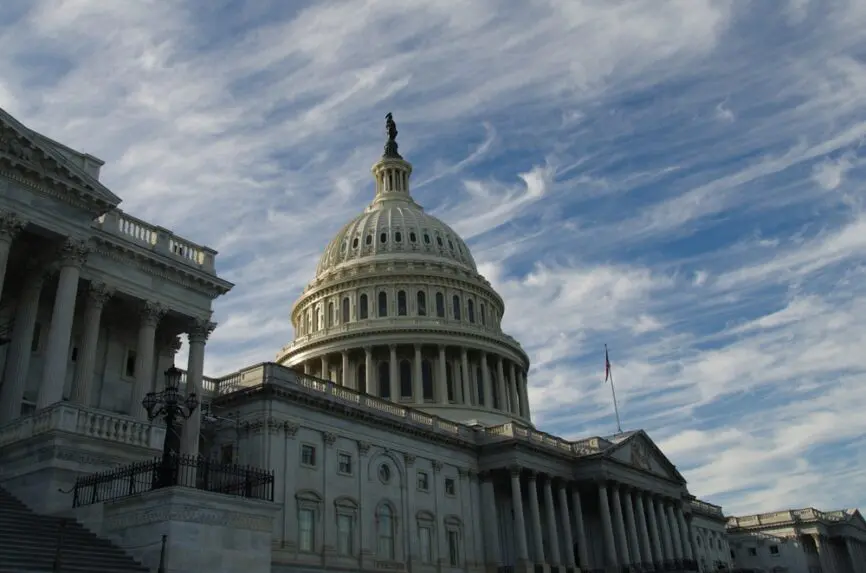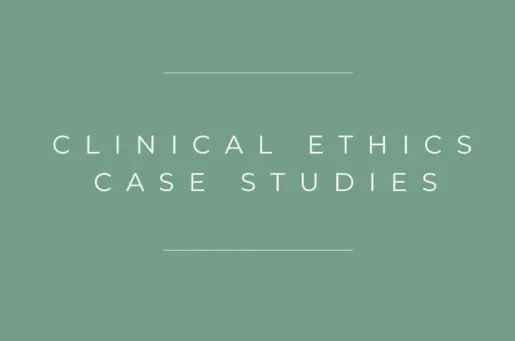Bioethics Forum Essay
The Budget Bill’s Hidden Health Crisis
The budget bill adopted by the House of Representatives on May 22 is not so much a fiscal blueprint as a manifesto in policy retrenchment. Behind its rhetoric of “restraint” lies a dramatic reordering of national health priorities—chief among them, an aggressive rollback of Medicaid coverage and an erosion of the Affordable Care Act. It is a return to the failed “Repeal and Replace” effort of 2017, now being sold as an exercise in fiscal restraint.
To pay for the $3.8 trillion in tax cuts for the wealthy, the bill includes $792 billion in cuts to Medicaid. Of that, $360 billion targets the ACA’s Medicaid expansion—disenfranchising an estimated 7.6 million beneficiaries.
One mechanism used by the bill involves work requirements for Medicaid clients. Earlier versions would have rolled these requirements out in 2029, but the timeline for imposing them has been advanced to the end of 2026, at the urging of the Freedom Caucus. That single maneuver would account for $280 billion in projected “savings.” Another $165 billion would be achieved by delaying eligibility rules that had been issued by the Centers for Medicare and Medicaid services. These rules were designed to streamline the application and enrollment processes in Medicaid.
The numbers are numbing, but the consequences are sharp: fewer people insured, more communities—particularly rural ones—left with hospitals on the financial brink. People with Medicaid coverage are significantly less likely to end up in the hospital for conditions that could have been treated on an outpatient basis than people without health insurance. Dramatic cuts to Medicaid do not increase efficiency; they increase avoidable hospitalization and undermine population health.
And the reach doesn’t stop there. ACA marketplace subsidies would take a $100 billion hit, with 2 million people likely to lose coverage. As a cherry on top, the bill is likely to trigger statutory PAYGO enforcement mechanisms, which could trigger an eye-popping $500 billion in automatic cuts to Medicare—despite the President’s repeated claims that the administration will protect this program from cuts.
Supporters defend all of these provisions as fiscally prudent. Perhaps not surprisingly, the majority of the public has expressed support for provisions like work requirements, which sound like common sense. But rather than eliminating fraud, waste, and abuse, these policies create costly bureaucracies that keep individuals ineligible for health insurance coverage and shrink access to care.
Of course, the deeper logic at work here isn’t economic but ideological. This bill is less about curbing costs than curbing commitments—namely, the federal government’s responsibility to ensure access to care. Yet the public seems out of sync with this retrenchment. A large majority of Americans—including the majority of Republicans—say Medicaid is effective in keeping people insured. The disconnect between policymaker intentions and public opinion becomes more pronounced when one considers geography. The regions that are most vulnerable to these cuts—rural counties in Southern and Midwestern states—are the ones most dependent on Medicaid. Their hospitals, already operating on razor-thin margins, could face closure if forced to absorb surging uncompensated care costs. That would amount not only to a public health crisis but also an economic one, as these hospitals are often the largest employers in town.
In its final form, the bill would do more than reduce access to care—it would upend the federal-state partnership that has long defined Medicaid. It would kneecap state discretion, burden states with costly administrative red tape, and threaten the economic stability of communities across the country.
Budgets are moral documents. This one is oddly silent on what kind of society it envisions—other than one where access to care is contingent on paperwork, employment status, and sheer good fortune. Americans deserve more than euphemisms about “fiscal discipline.” They deserve a candid accounting of who wins, who loses, and why. The stakes are not theoretical and if this bill passes the U.S. Senate, they will be profoundly painful.
Michael K. Gusmano PhD, is the Iacocca Chair, Professor of Health Policy and Associate Dean for Academic Programs at the College of Health for Lehigh University, where he also serves as the codirector of the Health, Medicine, and Society program and Director of the Center for Ethics.













